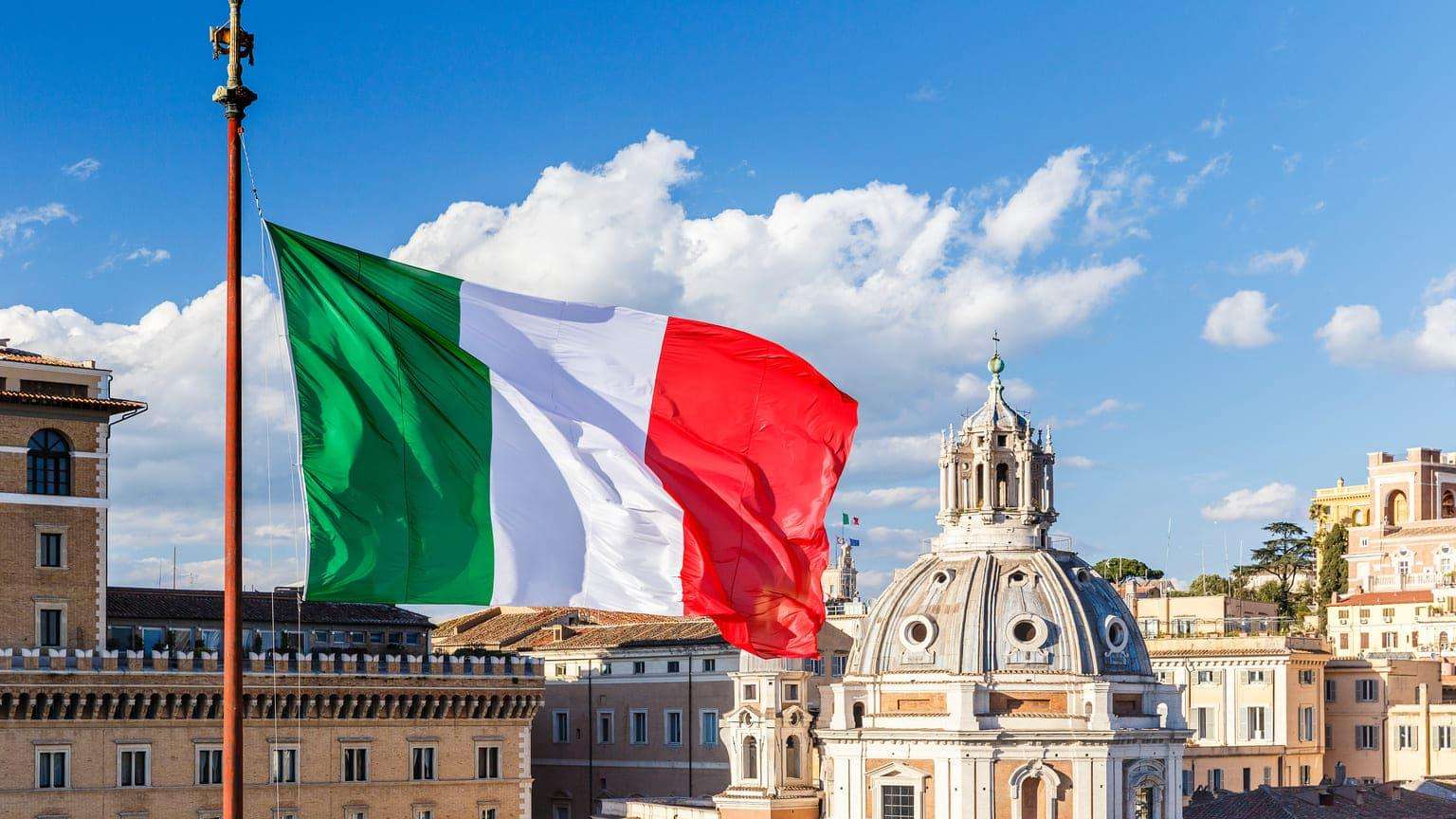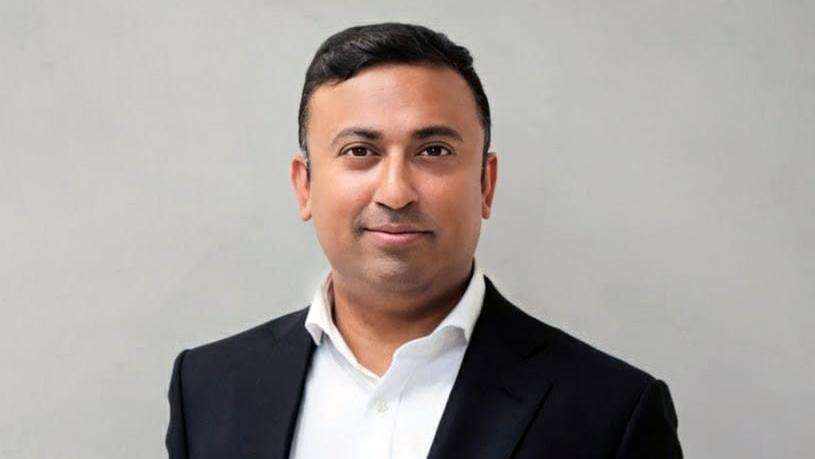As some EU countries like Germany, France, Italy and Spain have tightened visa policy in recent years, Bangladeshi students are getting increasingly interested in pursuing higher studies in different educational institutions, sources in Dhaka and Bucharest said.
In recent years, Bulgaria has become a popular destination of higher education to Bangladeshi students as the cost of living in an East European country is less than countries like Germany, France, Italy, Spain and Poland.
Since the visa process of Germany, USA and Canada in Bangladesh has slowed down since the corona pandemic hit the world in 2020 with the student visa process has not get momentum despite repeated requests of Bangladesh government in the last 2/3 years, students of middle and higher middle classes now exploring new destinations in Europe to pursue their higher studies, sources said.
Some 1000-2000 Bangladeshi students are expected to go Bulgaria in pursuing higher studies in different educational institutions.
As Bulgaria and Romania partially joined Europe’s Schengen bloc in March this year, the interest of Bangladesh students in pursuing higher studies in different educational institutions has also increased, sources in Dhaka and Bucharest said.
However, Bulgaria has no diplomatic mission in Dhaka, intending Bangladeshi students have to go to New Delhi to get a Bulgarian visa.
As dictator Sheikh Hasina was the trusted partner of the Modi government, the Indian high commission in Dhaka has stopped issuing normal visa to Bangladeshi students after his shocking and unceremonious ouster through a student movement on August 5, 2024.
Foreign Affairs Adviser of the Bangladesh government Md Touhid Hossain and Foreign Secretary Md Jasim Uddin in separate meetings with Indian High Commissioner Pranay Verma has sought the intervention of the Indian government in issuing normal visa processes. Though the Indian high commission in Dhaka is issuing some medical and student visas, the number of issued Indian visas is less than the requirements, sources said.
Though several thousand Bangladeshi students have been struggling to get India visas since last July, the High Commission of India in Dhaka has been very slow in issuing Indian visas despite normalisation of life in Bangladesh.
Against this backdrop, the Ministry of Foreign Affairs of Bangladesh government has taken an initiative to get Bulgarian visa from its embassies in Hanoi (Vietnam), Islamabad (Pakistan) or Astana (Kazakhstan).
Bangladeshi students, who got acceptance from various universities in Bulgaria but unable to submit their visa applications to the Bulgarian Embassy in New Delhi, they are advised to apply to the Bulgarian Embassies in Hanoi (Vietnam), Islamabad (Pakistan) or Astana (Kazakhstan), said a notice of the Ministry of Foreign Affairs of Bangladesh.
Meanwhile, Bangladesh and Bulgaria celebrated the 50th anniversary of the establishment of diplomatic relations between the two friendly countries this year. The two countries established diplomatic relations on 26 January 1972.
On this historic occasion, Bangladesh and Bulgaria have decided to take up a number of initiatives to further strengthen bilateral partnership. Bulgarian Ambassador Eleonora Dimitrova called on the then Foreign Minister of Bangladesh, AK Abdul Momen at the Ministry of Foreign Affairs on May 11, 2022 to discuss the initiatives and other issues of common interest.
The Bulgarian Ambassador expressed willingness to employ Bangladeshi workers especially in the garments sector in Bulgaria. Foreign Minister Momen appreciated the initiative.
Foreign Minister Momen emphasized on regular exchange of business delegation between the two countries and highlighting the excellent opportunities in Bangladesh, he requested the Ambassador of Bulgaria to encourage Bulgarian investors to invest in Bangladesh. Bulgarian Ambassador requested that Bangladesh can consider importing edible oil (sunflower oil), corn, etc. from Bulgaria.
Meanwhile, after a 13-year wait, Bulgaria and Romania have partially joined 12 Europe’s Schengen area of free movement.
The two countries reached an agreement late last year to join the continent’s free-travel area by air and sea after Austria opposed full membership, including land crossings, saying Romania and Bulgaria needed to do more to prevent irregular migration.
Despite the partial membership, lifting controls at the two countries’ air and sea borders has significant practical and symbolic value.
“Of course this is a very beautiful achievement for Bulgaria which makes things easier for us, as Bulgarians,” said Mincho Yurukov, who arrived at Sofia airport from Berlin on Sunday.
“Also, we feel like Europeans. That is a very important thing, the flight is much nicer, no checks.”
Created in 1985, the Schengen area allows more than 400 million people in the European Union to travel freely without internal border controls.
As partial members, the Schengen zone now comprises 29 members – 25 of the 27 EU member states as well as Switzerland, Norway, Iceland and Liechtenstein.
“I welcome the lifting of internal air and sea border checks. This is a great success for both countries,” European Commission President Ursula von der Leyen said in a statement.
“Together, we are building a stronger, more united Europe for all our citizens,” she said.
While some travellers have reason to celebrate, truck drivers, faced with long queues at borders with their European neighbours, feel left out.
One of Romania’s main road transport unions, the UNTRR, has called for “urgent measures” to get full Schengen integration, deploring the huge financial costs caused by the long waits.
“Romanian hauliers have lost billions of euros every year, just because of long waiting times at borders,” UNTRR secretary-general, Radu Dinescu, said.
According to the union, truckers usually wait eight to 16 hours at the border with Hungary, and from 20 to 30 hours at the Bulgarian border, with peaks of three days.
Bulgarian businesses have also voiced their anger over the slow progress.
“Only 3 percent of Bulgarian goods are transported by air and sea, the remaining 97 percent by land,” said Vasil Velev, president of the Bulgarian Industrial Capital Association (BICA).
“So we’re at 3 percent in Schengen and we don’t know when we’ll be there with the other 97 percent,” he told the AFP news agency.
Bucharest and Sofia have said there will be no going back.
“There is no doubt that this process is irreversible,” Romanian Interior Minister Catalin Predoiu said this month, adding, it “must be completed by 2024 with the extension to land borders”.
One of the key reasons behind Schengen rules not being applicable to Bulgaria and Romania’s land borders is Austria’s concerns over how Sofia and Bucharest manage irregular migration through these borders.
Bulgaria’s Interior Minister Kalin Stoyanov told journalists on Sunday that the country should become a full member of the Schengen zone by the end of this year, meaning border checkpoints will be removed for people and goods travelling by road and rail as well.
The Romanian prime minister has also said the country expects to finish negotiations on land borders this year.
The two countries have joined a regional police initiative with Austria, Greece and Slovakia to counter the flow of irregular migration and the EU’s border agency Frontex also said last month that it would triple the number of its officers in Bulgaria to help stem the amount of people crossing into the bloc from Turkey.
_4.jpg)
_6.jpg)
_1.jpg)
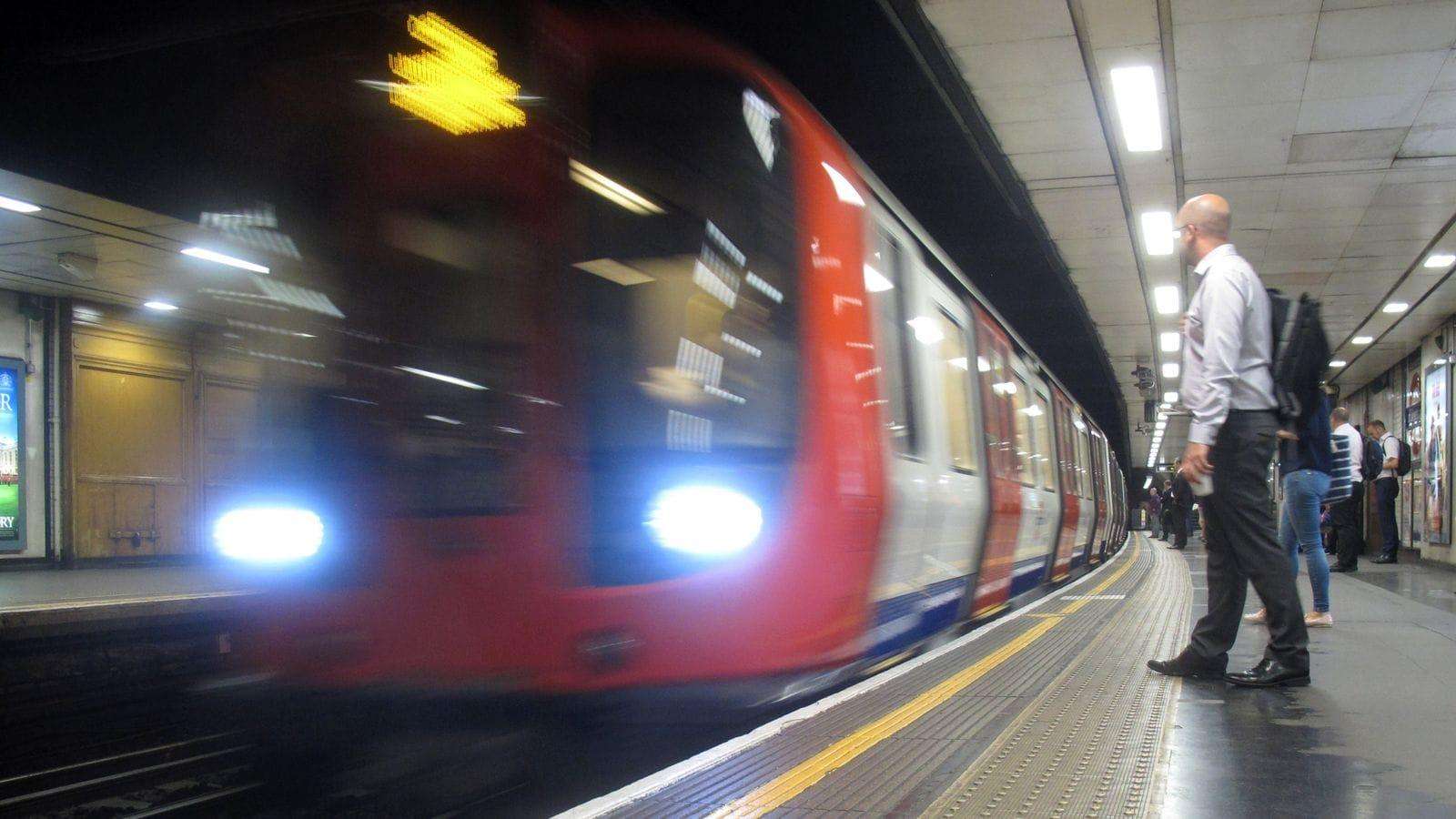
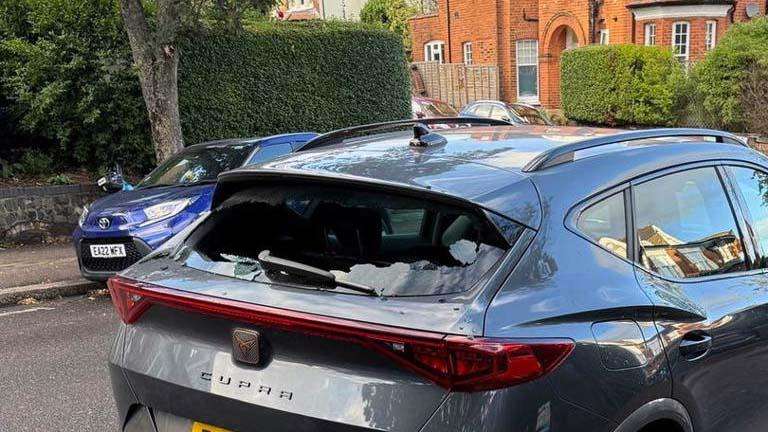


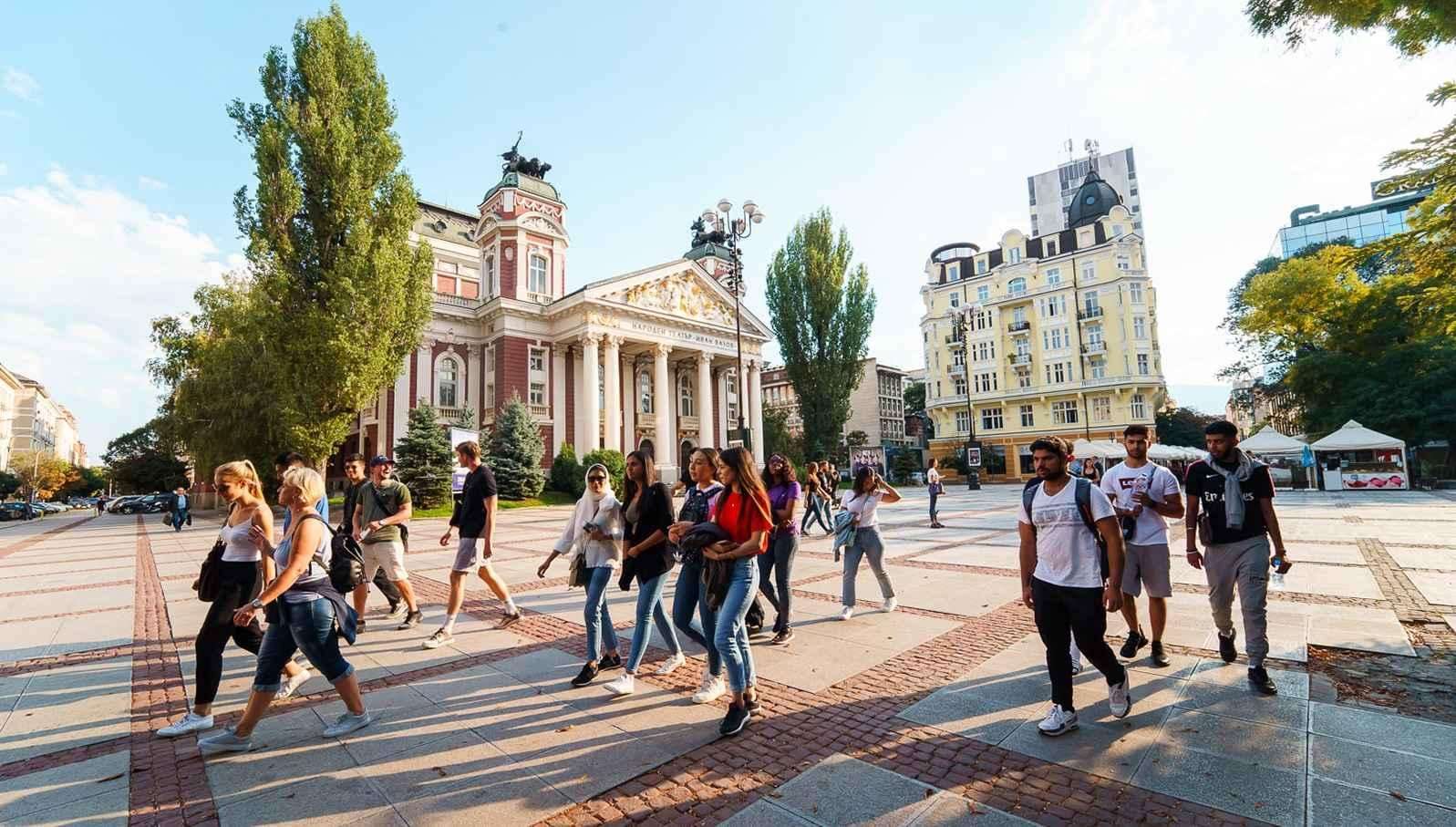
.svg)

